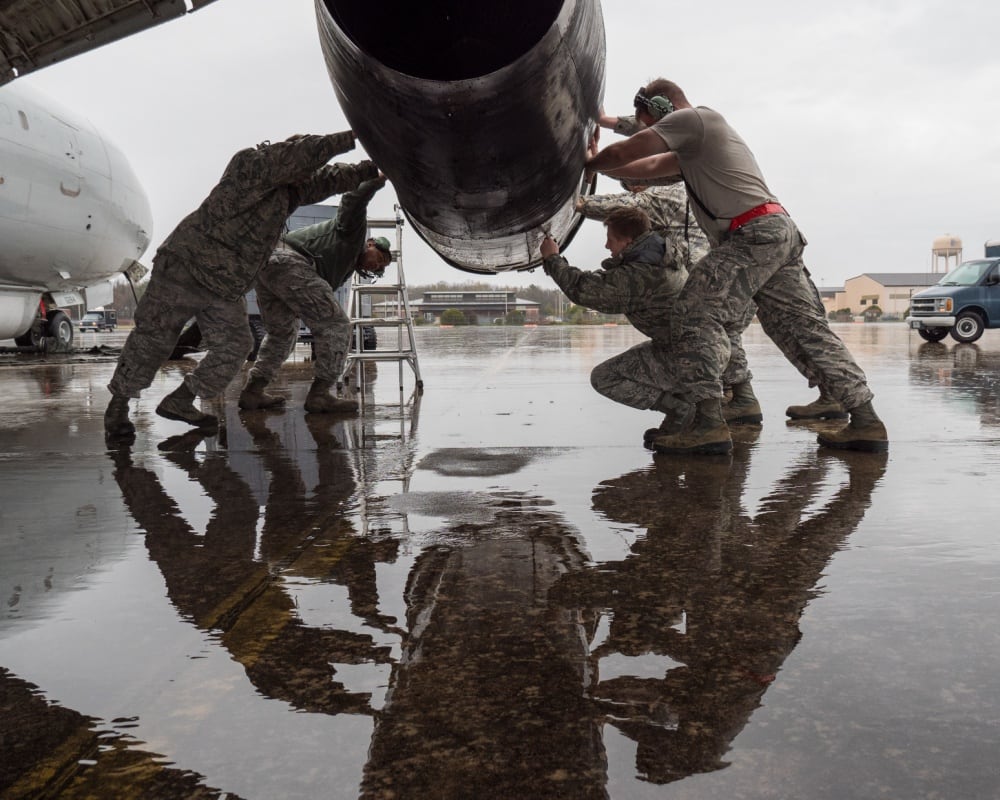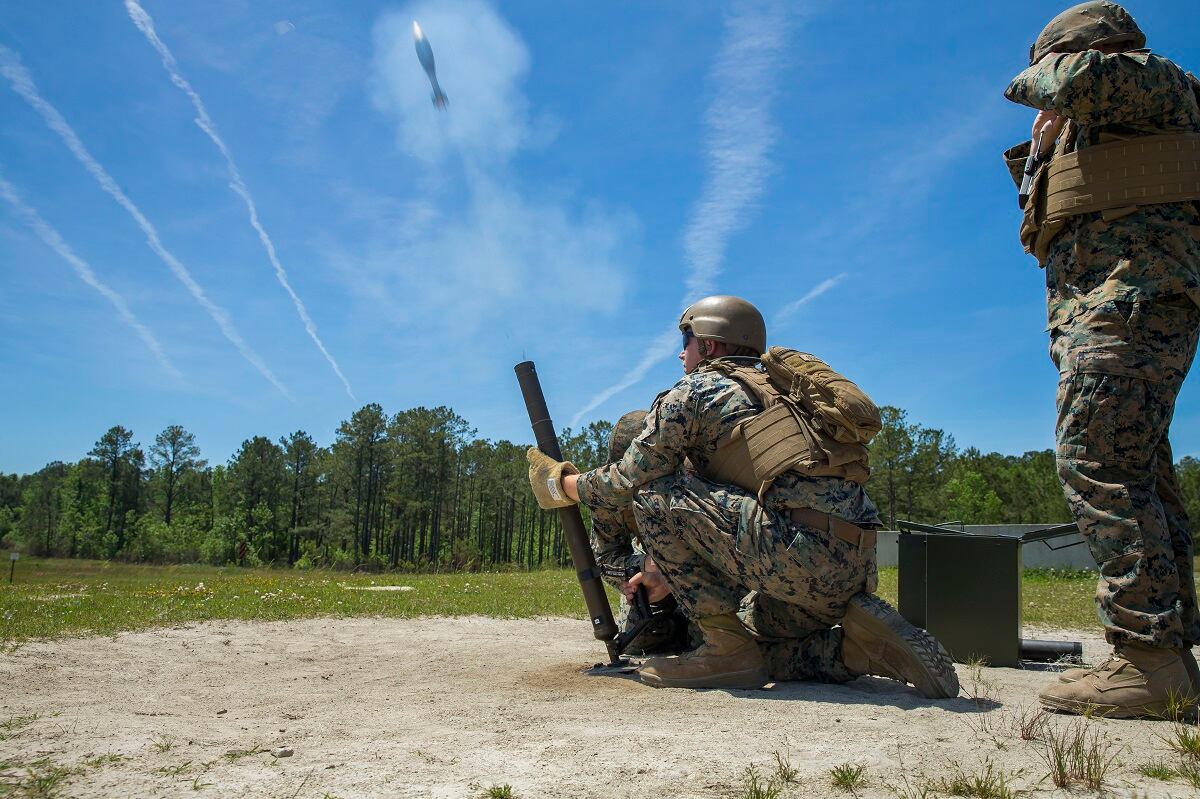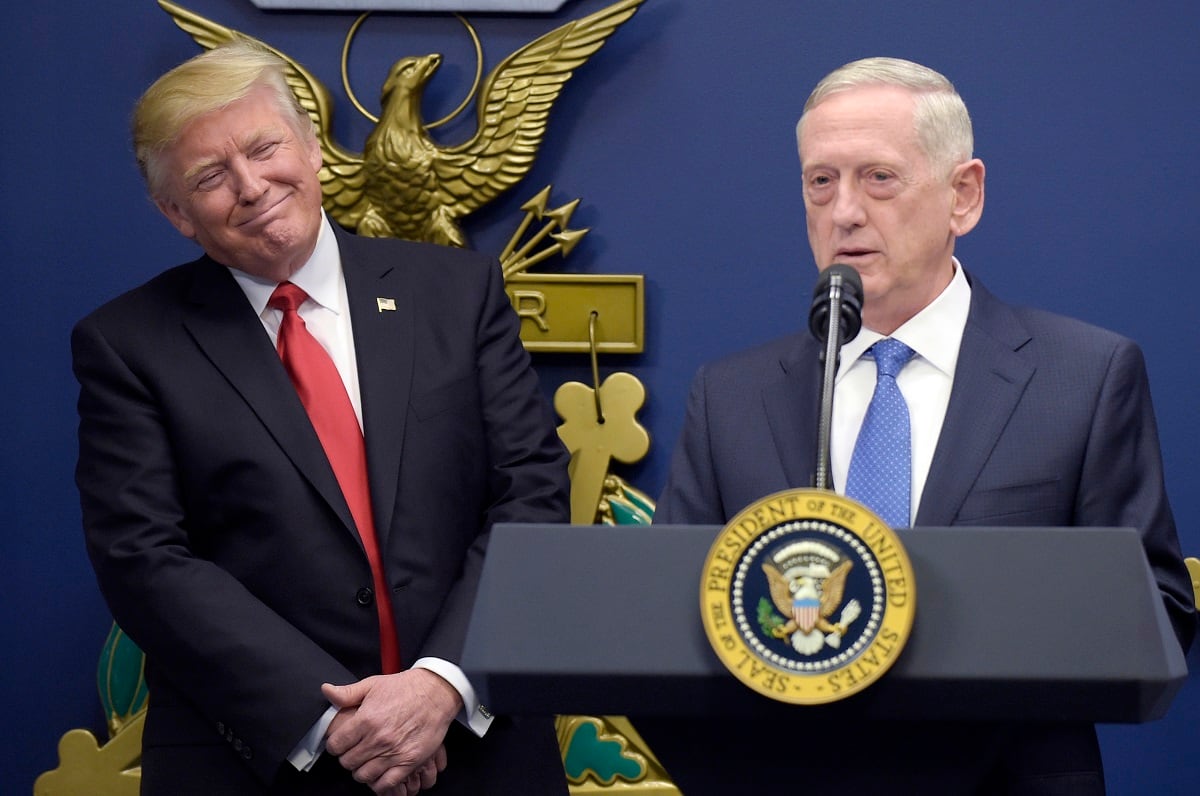WASHINGTON — House lawmakers approved a $717 billion defense authorization bill on Thursday after days of debate but without much partisan division, hinting at a smooth negotiation ahead for the sometimes contentious budget policy measure.
The House’ version of the fiscal 2019 authorization bill includes plans to boost active-duty military end strength, a 2.6 percent pay raise for troops and sizeable boosts for military aviation upgrades and equipment maintenance, all in line with White House plans to boost American defense power.
The 1,000-plus-page legislation each year serves as the centerpiece for a host of military policy discussions and fights. In recent years, that has included sweeping changes such as overhauling troops’ retirement funds and realignment of Pentagon leadership.
This year’s draft lacks that clear attention-grabber, but lawmakers touted measure as the culmination of years of effort to put the Defense Department on a path of to restoring military readiness, a problem both they and President Donald Trump have insisted undermines the country’s safety.
RELATED

“(This bill) takes the next steps to rebuilding our military and reforming the Pentagon, the next steps towards strengthening our country’s national security,” said House Armed Services Committee Chairman Mac Thornberry, R-Texas, in advance of the final 351-66 House vote.
“Our country has a number of tools at its disposal — diplomacy, economics and trade, soft power and influence. But in my view the most important tool is our military strength. And I believe our military strength enhances all of those other tools.”
Similarly, House Speaker Paul Ryan, R-Wis., said the measure keeps the nation’s promise to veterans and service members by taking “a major step forward in rebuilding and reforming our military.”
Despite objections over immigration, nuclear security and a host of other matters, a majority of Democrats also backed the legislation, citing the same readiness concerns.
“After nearly 17 years of war, we have really worked the men and women who serve us in the armed services very, very hard,” said Rep. Adam Smith, D-Wash., and ranking member of the Thornberry’s committee. “And there is a very real readiness problem within our military as we have underfunded that to fund the short-term needs presented by the conflicts.
“The most important thing about this bill is that it really begins to pay that back.”
The measure authorizes defense officials to spend more than $39 billion on military aviation upgrades and includes a proposed commission to review spiking military aviation mishaps, a problem House members and Pentagon officials have sparred over in recent weeks.

It also includes $18.5 billion to replace aging Army equipment and $25.5 billion for equipment maintenance and replacement parts. Lawmakers backed administration plans for 77 new F-35 aircraft, two additional Virginia-class submarines and littoral combat ships, and modernization plans for almost 3,400 Joint Light Tactical Vehicles.
The 2.6 percent pay raise is the largest for troops in nine years. That and the end strength boosts are in line with White House promises to better staff and reward military personnel for their sacrifices.
The White House earlier this week signaled that Trump would sign the House’s bill, saying it meets his goals of for national security strategy.
RELATED

But the White House did offer a list of objections included in the House’s plans, including increases for surveillance aircraft and aircraft carriers, a premature reorganization of space forces and the shuttering the Defense Information Systems Agency.
They hope some of those issues will be resolved in the Senate’s version of the legislation, due out later this summer. Senate Armed Services Committee officials finished their draft of the defense authorization bill Wednesday evening, and are expected to release details later this week.
In recent days, the House worked through dozens of amendments, including the addition of a full Coast Guard authorization. Rep. Duncan Hunter, R-Calif., successfully pushed for the fifth armed service to be included with the traditional other four, setting budget priorities for the next two years.
Republicans fended off Democratic amendments looking to sideline plans for a new tactical nuclear warhead, to slash the National Nuclear Security Administration’s weapons account and to eliminate authorization for the wartime budget. They also denied an attempt by Democrats to append gun control legislation to expand background checks to the must-pass bill.
Similarly, a Republican-backed amendment to require the military to buy only American-made dinnerware and flatware was defeated during the three days of floor debate. Lawmakers have had mixed success in recent years in requiring such “America first” provisions in the defense budget legislation.
The House Rules Committee skirted consequential debate on war authorization amendments and protections for troops who came into the country illegally by denying any floor debate on those issues.
Still, between the committee and floor mark-ups, more than 500 amendments were added to the authorization bill, most without objection from either party.
Once the Senate adopts its version of the legislation, negotiations from both chambers will spend the rest of the summer working through the differences. The legislation has passed into law for the last 56 years, making it an outlier among the partisan rancor on Capitol Hill.
Leo covers Congress, Veterans Affairs and the White House for Military Times. He has covered Washington, D.C. since 2004, focusing on military personnel and veterans policies. His work has earned numerous honors, including a 2009 Polk award, a 2010 National Headliner Award, the IAVA Leadership in Journalism award and the VFW News Media award.
Joe Gould was the senior Pentagon reporter for Defense News, covering the intersection of national security policy, politics and the defense industry. He had previously served as Congress reporter.





